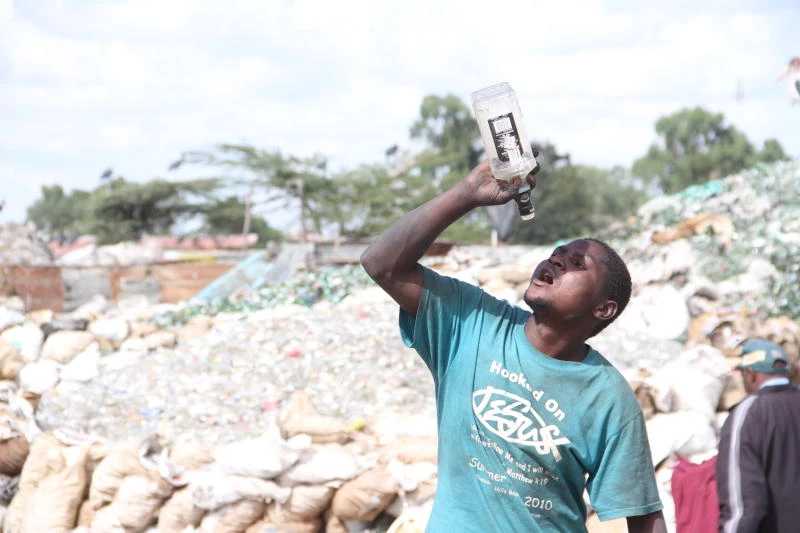×
The Standard e-Paper
Stay Informed, Even Offline

When Justice Kossy Bor has ordered Kenya’s biggest dumpsite at Dandora to close within six months over pollution to stem air pollution.
The decision by the good judge is most welcome except by a dumpsite gang that makes millions of shillings from the city’s filth. The money doesn’t stink; you know…







